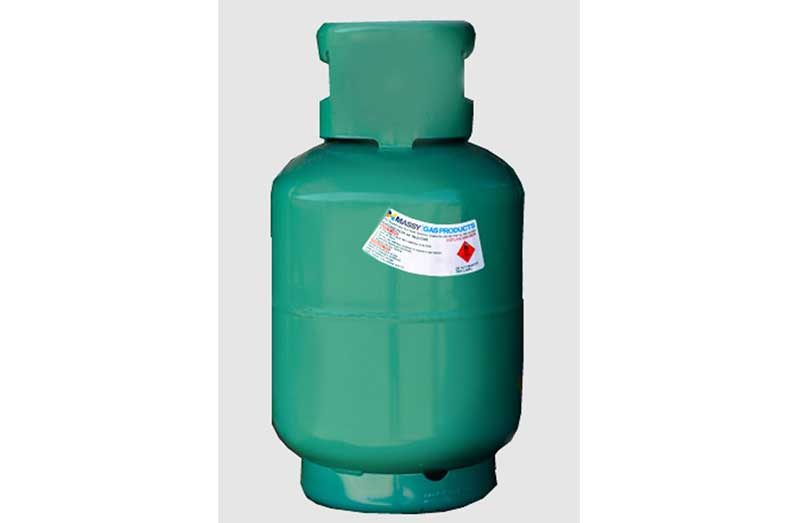The Guyana Energy Agency (GEA) is urging all cooking gas consumers to exercise extreme caution and follow established safety guidelines when using liquefied petroleum gas (LPG) to prevent potentially life-threatening accidents such as fires, explosions, and gas leaks in their homes.
While cooking gas remains a modern, efficient, and widely-used energy source in households across the country, the GEA warned that a lack of awareness and failure to observe safety practices can result in serious hazards — including property damage, injury, and even fatalities.
To this end, the agency is emphasizing adherence to safety protocols outlined in the GYS 264:2021 Specification for the Storage, Handling, and Transportation of LPG Cylinders, developed by the Guyana National Bureau of Standards (GNBS). These standards are designed to help consumers manage the purchase, transport, installation, and storage of cooking gas cylinders safely.
KEY SAFETY TIPS FOR LPG CYLINDER USE
Consumers are advised to always ensure the supplier’s seal and safety cap are intact before accepting a cylinder. Cylinders should be free of visible damage, including dents, corrosion, or leaks.
The GEA warns against dragging, rolling, or dropping cylinders. Instead, cylinders should be transported upright in well-ventilated vehicles with windows open. Leaving cylinders in closed vehicles is strictly prohibited due to the risk of overpressurization and ignition.
Storage should be upright, in a cool, dry, and well-ventilated area away from heat-emitting appliances like generators and refrigerators. Households should not store more than three 20-pound cylinders (60 lbs) indoors, and those requiring more must consult the Guyana Fire Service.
Consumers are encouraged to use only supplier-approved regulators, hoses, and clamps. All fittings must be properly secured, and stove knobs should always be turned off before lighting. Regulators must also be turned off when the cylinder is not in use.
Regular inspections are critical. Hoses should be replaced every 2–5 years, and regulators every 5 years. Leak tests using soapy water should be conducted routinely. If damage or leaks are detected, immediate replacement and professional advice are required.
The GEA strongly recommends that only adults handle or operate gas cylinders and stoves, as children may be unaware of the associated risks.
The GEA continues to encourage public awareness of the hazards associated with cooking gas and the importance of responsible usage. By consistently applying these guidelines, consumers can help protect lives, homes, and communities from preventable tragedies.
“Safety begins with knowledge and ends with consistent action,” the agency stated. “Let’s work together to keep every household safe while continuing to enjoy the benefits of this clean and efficient energy source.”
In the event of a gas-related emergency, consumers are urged to contact the appropriate authorities promptly. The Guyana Fire Service can be reached at 912, while Guygas is available at 638-4427. For emergencies involving Massy Gas Products, the contact number is 600-0839. Additionally, Sol Guyana Inc. provides Health, Safety and Environment (HSE) support through the numbers 600-4409 or 600-1315.




.jpg)









